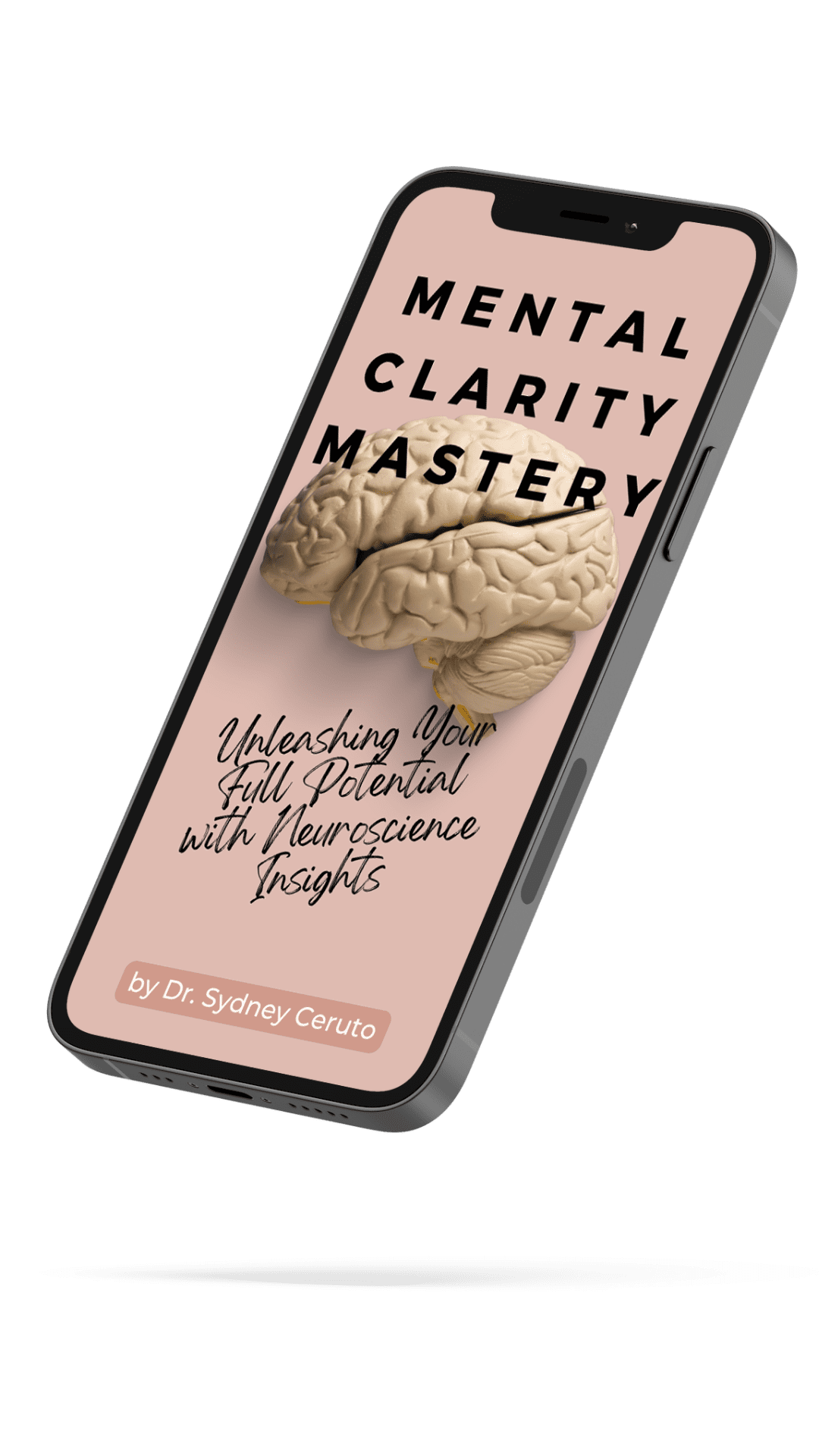A Pioneering Approach to Lasting Change
Welcome to a transformative journey that transcends traditional methods. Over two decades ago, I pioneered a unique approach to Life Coaching rooted in neuroscience, which has since proven to be the MOST EFFECTIVE way to achieve lasting positive changes in all spheres of one’s life. This method, backed by rigorous scientific understanding and years of hands-on experience, offers a personalized and powerful path to self-improvement. It’s not just about understanding the mind; it’s about harnessing its power to reshape habits, beliefs, and perspectives, ensuring genuine and permanent change.
The Edge You Need In Today's Dynamic World
My neuroscience-based coaching offers insights into your unique brain-wiring, empowering you to leverage your strengths and confront challenges head-on. By tapping into the principles of neuroplasticity, this coaching method redirects your brain pathways, fostering enduring positive changes in your brain. Hence, you become the best version of yourself without ever thinking about it again.
LIFE COACHING
A game-changing program to gain mental clarity, navigate life’s challenges, and abolish faulty thinking patterns, ensuring a purpose-driven and fulfilled life.
CAREER COACHING
A comprehensive career coaching program providing unparalleled direction by merging advanced coaching techniques with cutting-edge neuroscience insights.
EXECUTIVE DEVELOPMENT
An unparalleled executive development experience, harnessing the power of neuroscience to elevate your leadership capabilities.
RELATIONSHIP & MARRIAGE
A deep dive into the layers of your relationship, with a concentration on conflict resolution, attachment styles, healthy communication, and intimacy.
Success Stories
Chief Technology Officer at HSBC
London, UK
Director of Investment Banking at Morgan Stanley
London, UK
Chief Revenue Officer at Vimeo
Manhattan, NY
Greenwich, CT
Head of HR at PLEX
Los Gatos, CA
Senior IT Advisor, KickStarter
Miami, FL
VP of Engineering, Braintree
San Francisco, CA
Bedford, NY
Can't think straight?
Download this free e-book and achieve mental clarity today.






